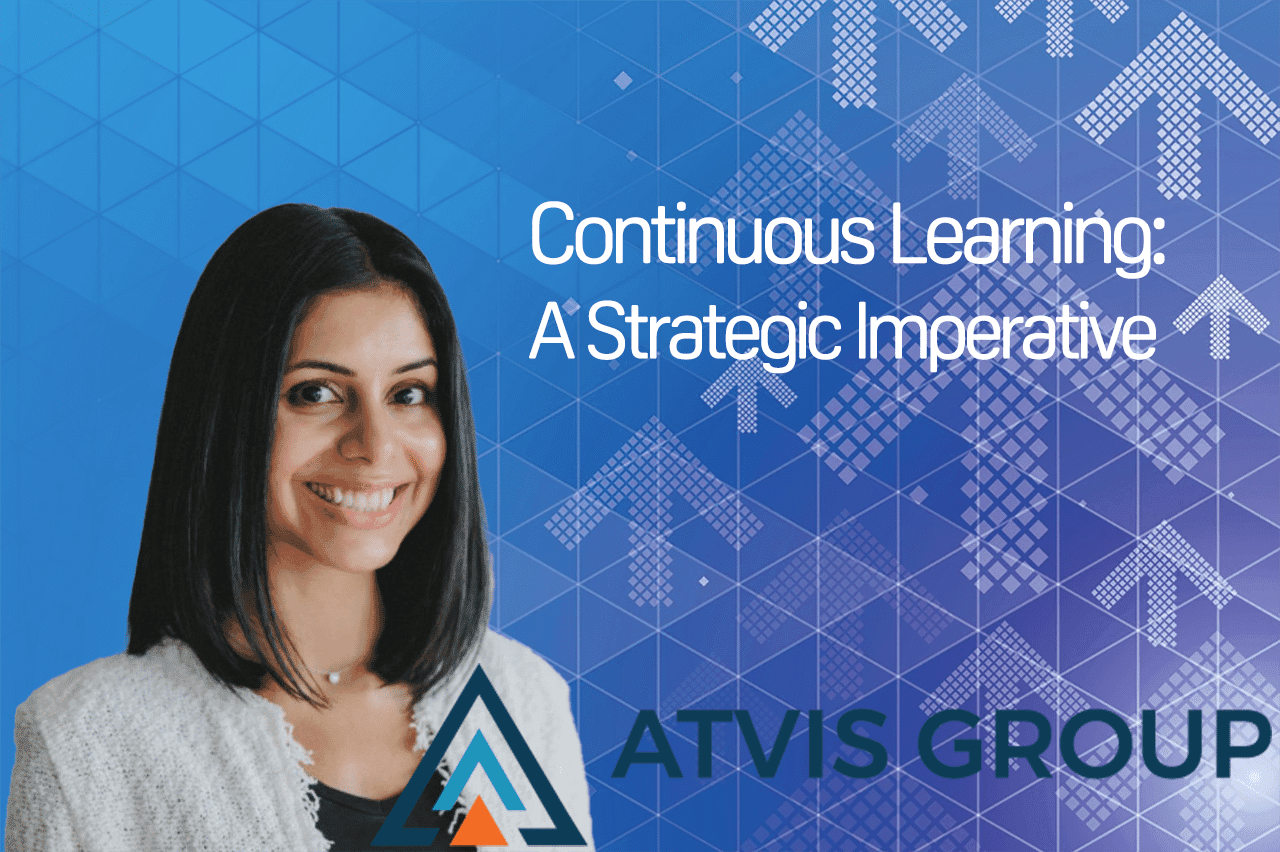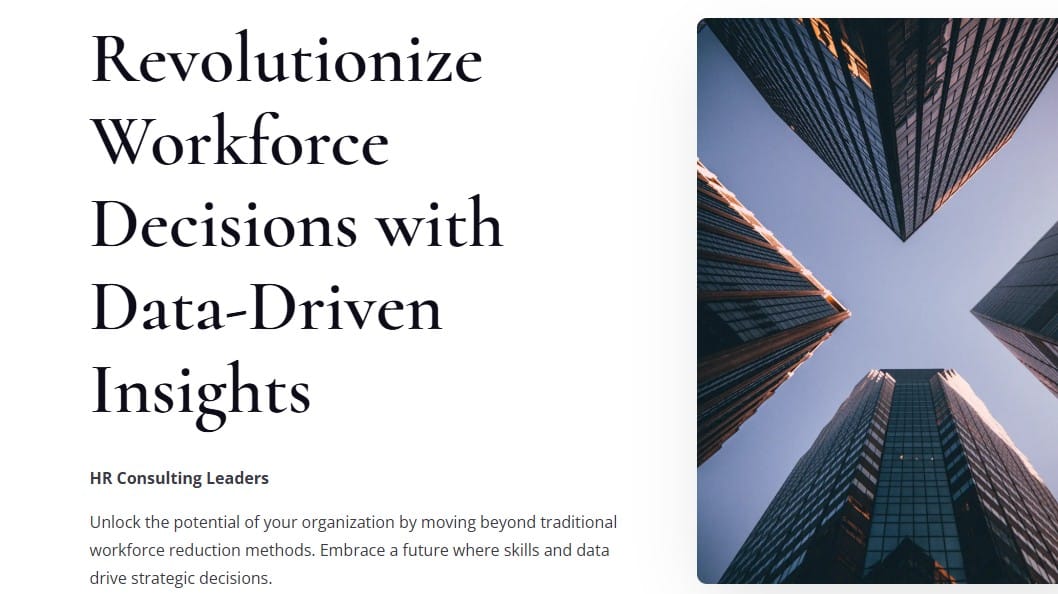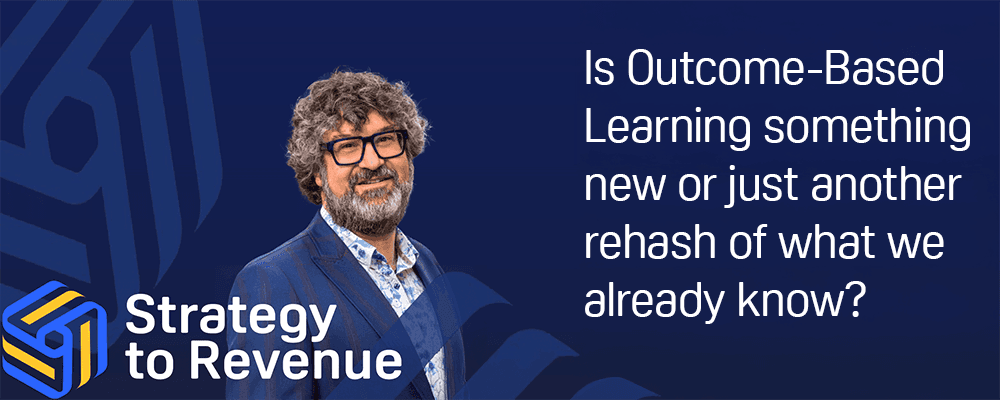Why Current Methods of Measuring Employee Performance Are Flawed
Measuring employee performance is critical for organisations to identify strengths and areas for improvement and make informed decisions about promotions and training. However, traditional methods of measuring employee performance are often flawed, leading to inaccurate and inconsistent assessments.
In this article, CPTO Jason Watson outlines the common flaws in current performance evaluations and the benefits of new collaborative observed mechanisms.
- Reliance on Self-Reports: Many performance evaluations rely on self-reports, which are prone to response bias. Employees may overestimate their own performance, leading to an inaccurate assessment.
- Lack of Objectivity: Evaluations often rely on subjective opinions, which can vary greatly from one evaluator to another. This lack of objectivity can result in inconsistent assessments and bias.
- Narrow Focus: Traditional performance evaluations often focus on a limited set of competencies and don’t consider an employee’s full range of skills and abilities.
- Infrequent Feedback: Performance evaluations are often conducted infrequently, making it difficult for employees to receive regular feedback and make necessary improvements in a timely manner.
In contrast, new collaborative observed mechanisms are much better at assessing competence because they address many of these flaws. These mechanisms include:
- Peer and Manager Feedback: Inviting feedback from peers and managers can provide amore comprehensive view of an employee’s performance, including their strengths and areas for improvement.
- 360-Degree Feedback: This approach considers feedback from multiple sources, including supervisors, peers, subordinates, and customers, to gain a more well-rounded view of an employee’s performance.
- Regular Feedback: Regular feedback sessions can provide employees with ongoing support and help them to make necessary improvements in real-time.
- Objective Assessment: Observations of an employee’s performance in real-world scenarios, rather than relying on self-reports or subjective opinions, can provide a more objective assessment of their competence.
In conclusion, new collaborative observed mechanisms, such as Objective Assessment and regular feedback sessions, provide a more comprehensive and objective approach to assessing employee competence and can lead to improved performance and job satisfaction.
If you want to improve your organization’s performance evaluation process, book a demo of Kompetently today at [email protected] or call us at +1 (512) 256-4342. Our team will be happy to demonstrate the platform’s comprehensive, objective, and reliable approach to assessing competency. With features like 360-degree feedback and regular feedback sessions, Kompetently® can help you accurately assess employee performance and support ongoing development.




